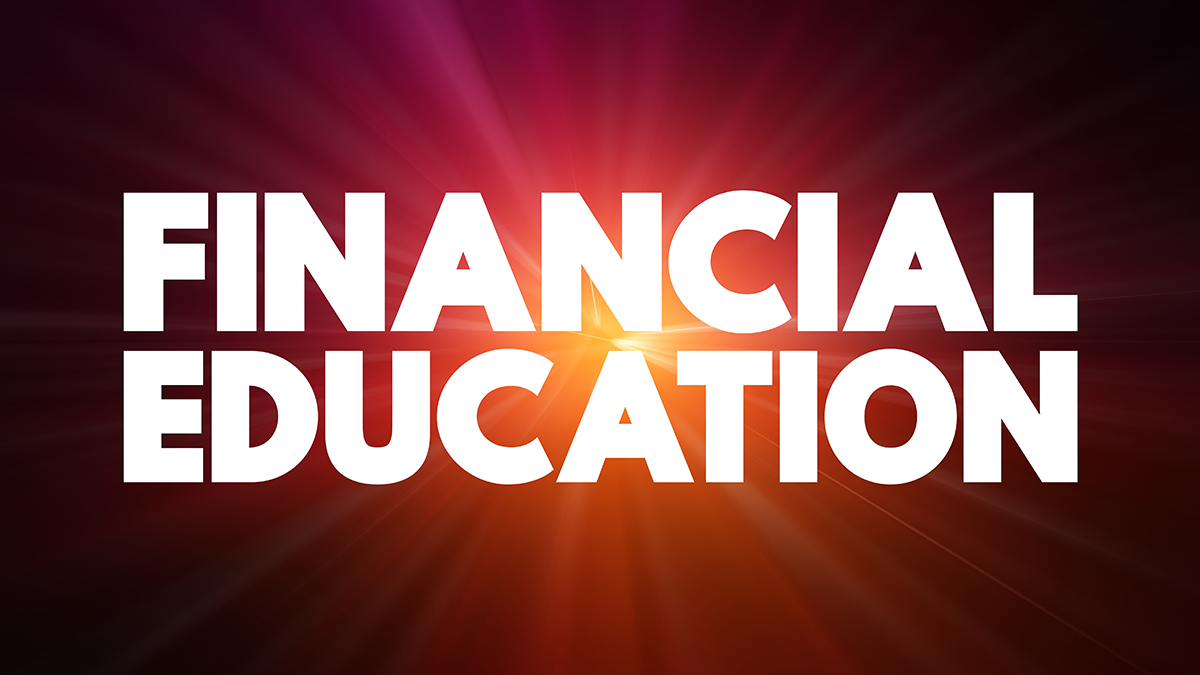
This blog addresses the contentious issue of the tax-exempt status of colleges and universities, questioning whether these institutions continue to serve the public good sufficiently to justify their significant tax benefits. It explores the origins and purposes of granting tax-exempt status to educational institutions, primarily focused on promoting access to education and furthering public service. The blog critically examines how some colleges have diverted from these foundational goals, accumulating substantial wealth in the form of endowments while increasing tuition fees and reducing accessibility for lower-income students. It argues that the tax-exempt status of such institutions should be revisited, suggesting criteria based on affordability, the socioeconomic diversity of the student body, and the actual employment outcomes of graduates as measures of public benefit. The blog calls for a reevaluation process that would hold educational institutions accountable for contributing positively to society. By advocating for policy reforms, the blog underscores the need for a more equitable education system that aligns more closely with the original public-serving rationale behind tax exemptions.
As COVID-19 disrupts virtually all aspects of society, it forces us to reinvent our institutions that serve us. One of the biggest impacts COVID-19 had on our education system is to expose the flaws of the US college system, and the overwhelming negative consequences it has on our country and our citizens.
Most people do not know this, but most of our colleges and universities enjoy the benefits of a 501©3 organization, which makes them tax-exempt. The reasoning for the tax-exempt status of these institutions is based on the expectations that they benefit our society through the following:
The above might have been true a few decades ago, but it does not describe reality anymore.
Because of these reasons, most universities and colleges should no longer enjoy the tax-exempt status of a 501©3 organization. They no longer meet the standards. Their net externalities to society have turned negative and no longer serve our nation’s best interests.
Instead of using their resources to reinvent the higher education system to serve our students and enable them to drive our nation to prosperity, colleges and universities are creating a generation of overly educated, debt-ridden hopeless citizens. They must be put under scrutiny and forced to explain why they should enjoy financial benefits at the expense of the taxpayer, when they no longer serve our country and citizens.
Disclaimer: This article discusses certain companies and their products or services as potential solutions. These mentions are for illustrative purposes only and should not be interpreted as endorsements or investment recommendations. All investment strategies carry inherent risks, and it is imperative that readers conduct their own independent research and seek advice from qualified investment professionals tailored to their specific financial circumstances before making any investment decisions.
The content provided here does not constitute personalized investment advice. Decisions to invest or engage with any securities or financial products mentioned in this article should only be made after consulting with a qualified financial advisor, considering your investment objectives and risk tolerance. The author assumes no responsibility for any financial losses or other consequences resulting directly or indirectly from the use of the content of this article.
As with any financial decision, thorough investigation and caution are advised before making investment decisions.